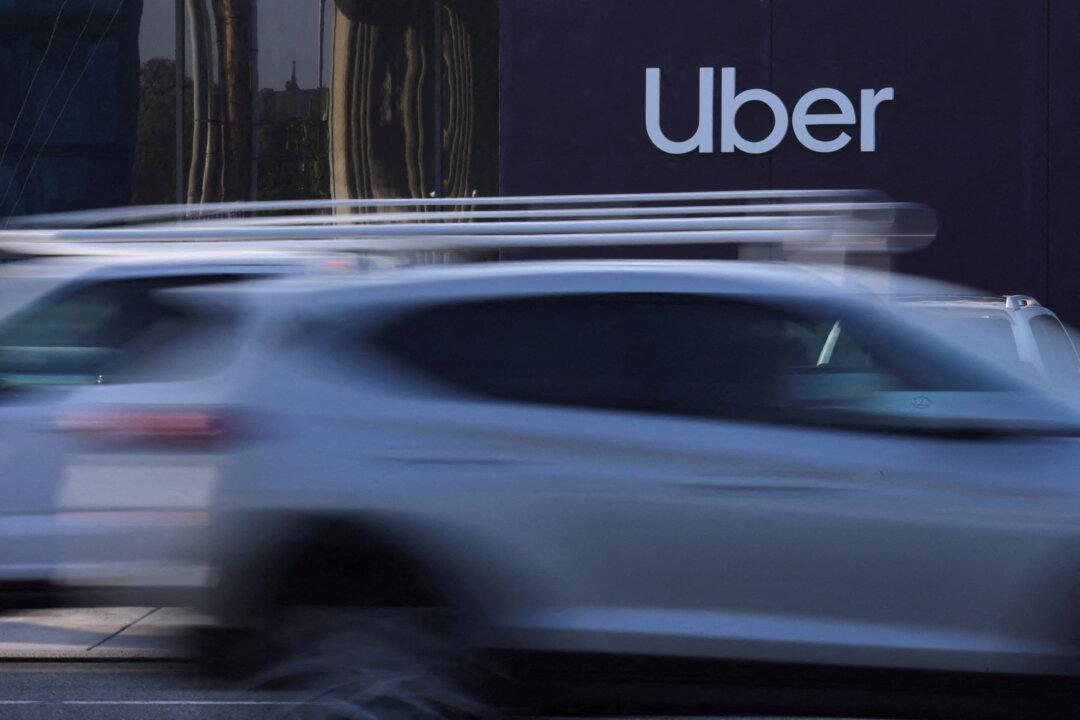A California appeals court ruled on March 13 that app-based companies like Uber, Lyft, and DoorDash can continue to treat their workers in the state as independent contractors rather than employees.
The ruling by a three-judge panel of the San Francisco-based court centers around a November 2020 voter-approved law, known as the Protect App-Based Drivers and Services Act, or “Proposition 22,” which allowed ride-hailing and delivery app makers to exclude workers from a state labor law that would provide various protections and benefits.




